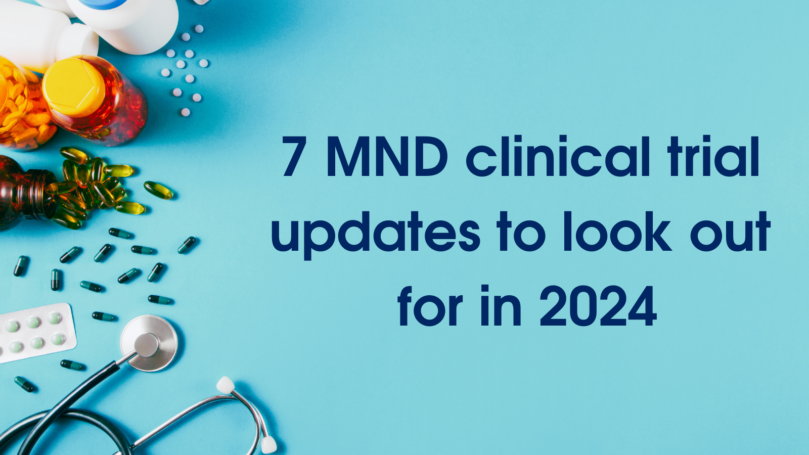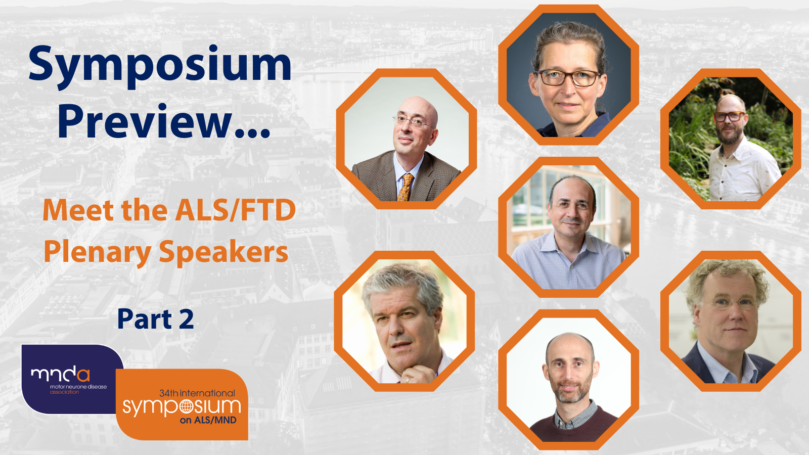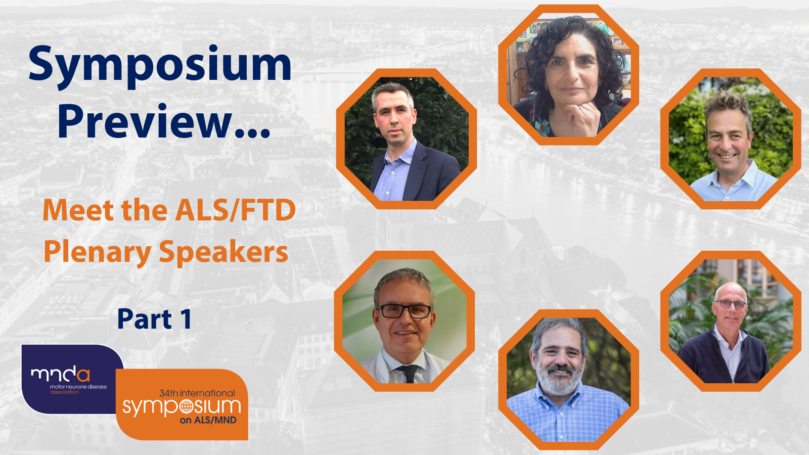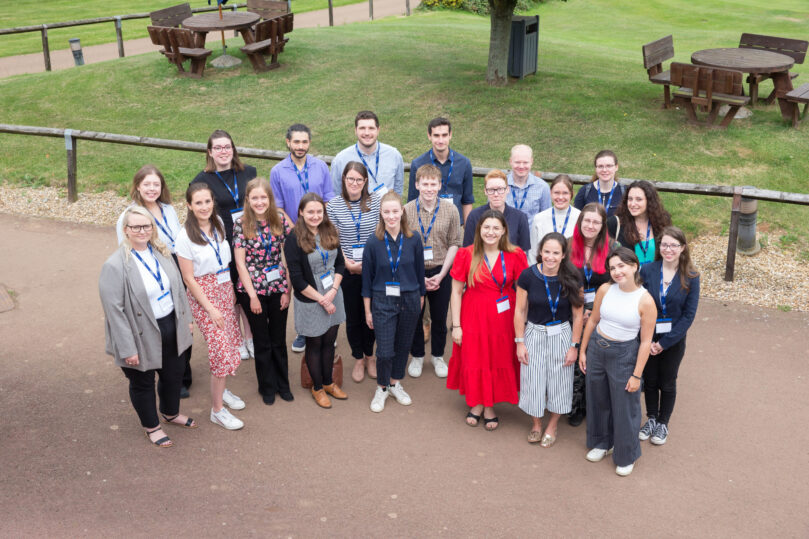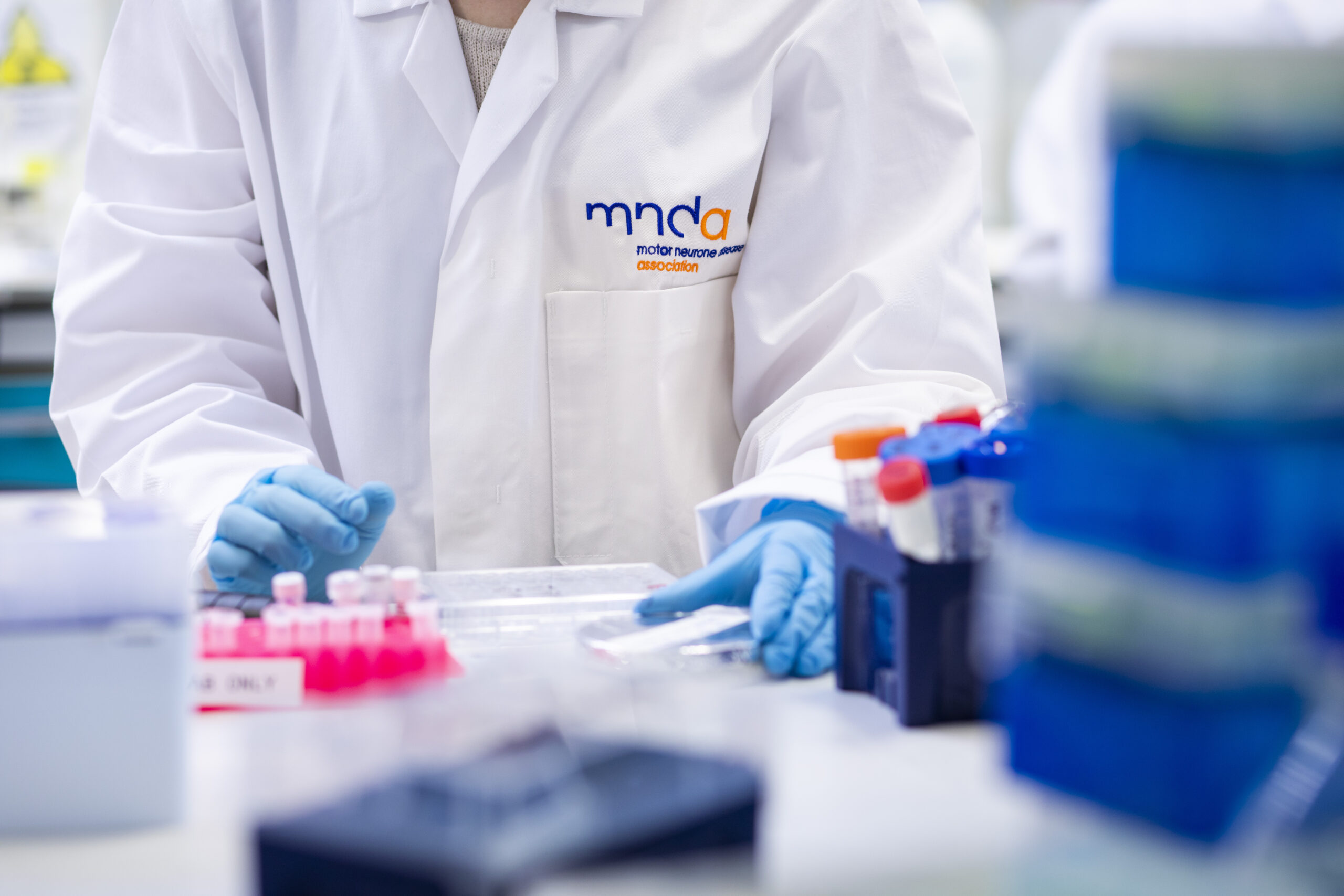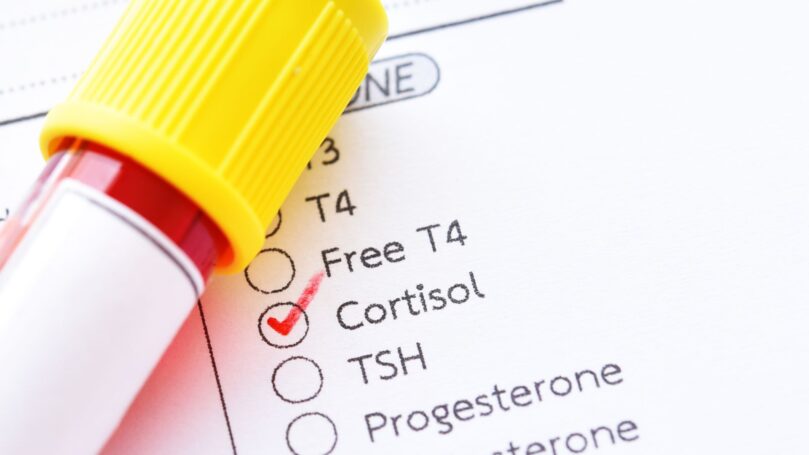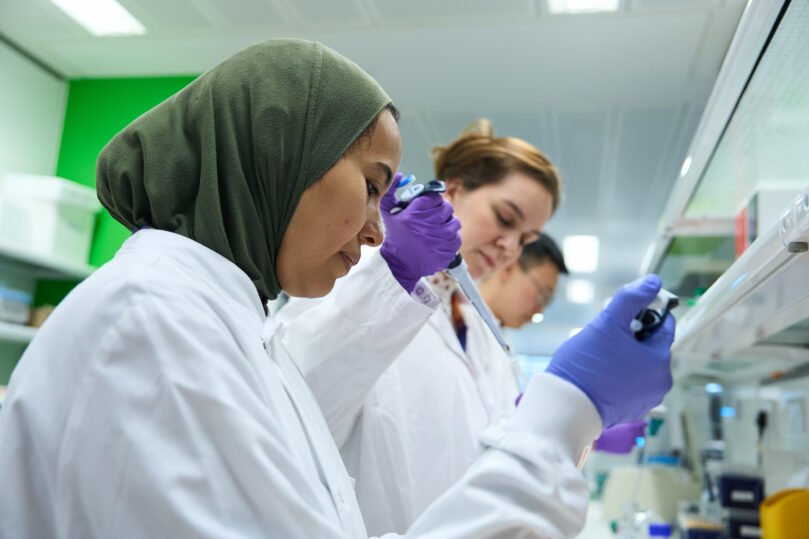
Cutting-edge MND research at The Francis Crick Institute
Reading Time: 5 minutes Building relationships with key research institutes across the UK is vital in pushing research forward in the fight against MND. As of 31 December 2023, we are funding 109 research projects across 19 UK Universities and research institutes. The MND Association has a long-standing relationship with University College London (UCL) and its researchers. This relationship…

